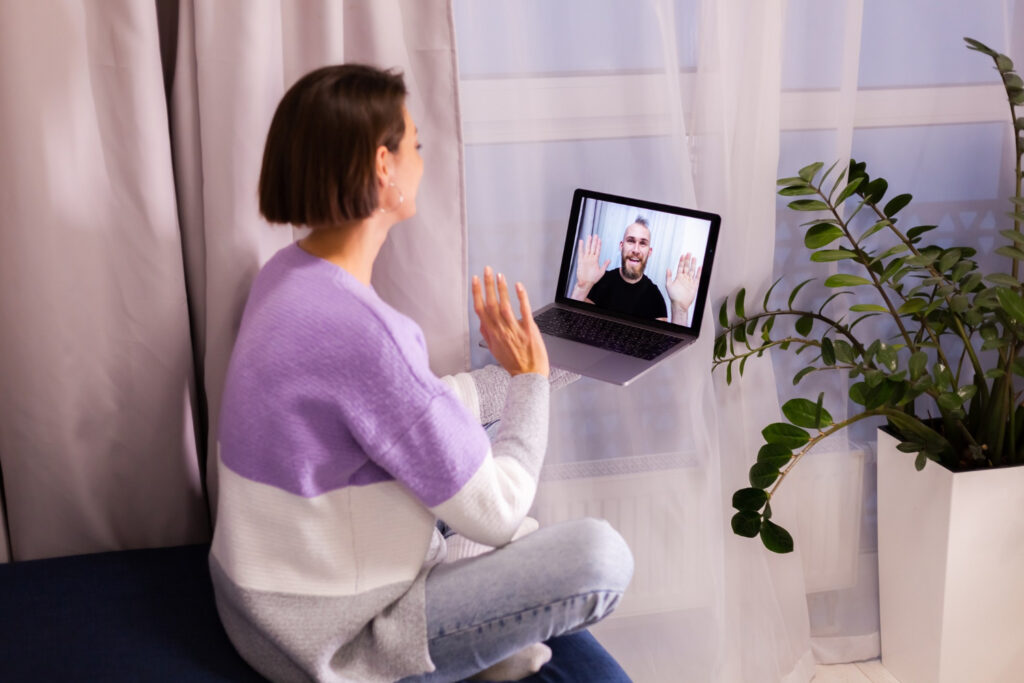As we step into 2024, the landscape of healthcare is witnessing a continued evolution, marked by the imperative need for innovative solutions to address mental health challenges. Against the backdrop of a rapidly changing world, telepsychiatry has emerged as a crucial component in meeting the mental health needs of individuals. In this blog, we explore why telepsychiatry is not just relevant but essential in the year 2024.
1. Escalating Mental Health Concerns
The year 2024 finds us navigating a complex global landscape that has been shaped by unprecedented events and shifts in societal dynamics. The lingering effects of the COVID-19 pandemic, coupled with the pressures of a rapidly changing world, have contributed to a surge in mental health concerns. Telepsychiatry stands as a vital tool to provide timely and accessible mental health support to those grappling with the psychological impact of these challenges.
2. Increased Accessibility in a Digital Age
In 2024, the prevalence of digital technology has become more pronounced than ever. Telepsychiatry leverages this digital landscape to break down traditional barriers to mental health care. Whether residing in remote areas or urban centers, individuals can access psychiatric support through virtual platforms. This increased accessibility is paramount in ensuring that mental health services reach those who might have otherwise faced geographical constraints or limited availability of local mental health professionals.
3. Convenience Amidst Modern Lifestyles
The fast-paced nature of contemporary lifestyles often poses challenges to prioritizing mental health. The demand for convenience in accessing healthcare services has never been higher. Telepsychiatry aligns seamlessly with modern lifestyles, offering the convenience of virtual consultations that can be scheduled at times that suit the individual. This flexibility encourages more consistent engagement with mental health support, making it a practical and feasible option for those juggling busy schedules.
4. Addressing the Stigma Surrounding Mental Health
Despite growing awareness, the stigma associated with seeking mental health support persists. Telepsychiatry plays a pivotal role in reducing this stigma by offering discreet and private avenues for individuals to connect with mental health professionals. In the comfort of their own space, individuals can engage in therapeutic sessions without the fear of judgment, fostering a more open and accepting environment for mental health discussions.
5. Bridging Gaps in Mental Health Services
In many regions, the demand for mental health services far exceeds the available resources. Telepsychiatry acts as a crucial bridge, connecting individuals with mental health professionals who may be located remotely. This is particularly significant in areas facing shortages of psychiatric specialists, allowing individuals to access specialized care without the constraints of geographical proximity.
6. Technology as a Catalyst for Holistic Care
2024 sees technology as an integral part of our daily lives. Telepsychiatry leverages this technological landscape not only for consultations but also for the integration of digital tools and resources. Mobile applications, virtual support groups, and digital mental health interventions complement traditional therapeutic approaches, fostering a holistic and proactive approach to mental health care.
7. Responding to Global Events and Crisis Situations
In times of global crises or natural disasters, the need for mental health support becomes even more acute. Telepsychiatry is equipped to respond swiftly to such situations, providing remote counseling and intervention to individuals affected by trauma, grief, or heightened stress levels. The ability to deliver mental health care remotely ensures that support is available when and where it is needed most.
8. Preemptive Mental Health Care and Prevention
Telepsychiatry’s role extends beyond reactive measures. In 2024, the emphasis is on preemptive mental health care and prevention. Regular virtual check-ins, early intervention through digital monitoring tools, and the provision of self-help resources contribute to a proactive approach, identifying and addressing mental health concerns before they escalate into more complex issues.
Challenges and Future Outlook
While telepsychiatry offers a multitude of benefits, it is not without challenges. Issues related to digital literacy, ensuring equitable access to technology, and maintaining the security and privacy of sensitive information are crucial considerations. However, ongoing technological advancements, regulatory adaptations, and a commitment to addressing these challenges position telepsychiatry as an indispensable component of the mental healthcare landscape in 2024 and beyond.
In conclusion, the year 2024 underscores the imperative need for telepsychiatry in navigating the complex terrain of mental health. As we grapple with evolving societal norms, global challenges, and the increasing pace of modern life, telepsychiatry stands as a beacon of hope, providing accessible, convenient, and effective mental health support to individuals worldwide. Its role in destigmatizing mental health, increasing accessibility, and fostering a proactive approach positions telepsychiatry as a vital force in shaping the mental health landscape of the future.






